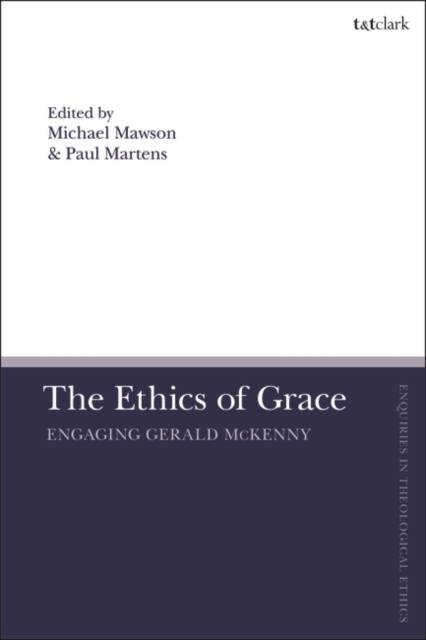
- Afhalen na 1 uur in een winkel met voorraad
- Gratis thuislevering in België vanaf € 30
- Ruim aanbod met 7 miljoen producten
- Afhalen na 1 uur in een winkel met voorraad
- Gratis thuislevering in België vanaf € 30
- Ruim aanbod met 7 miljoen producten
Zoeken
The Ethics of Grace
Engaging Gerald McKenny
€ 69,45
+ 138 punten
Omschrijving
This volume draws together leading theologians and Christian ethicists from across the globe to critically engage with and reflect upon Gerald McKenny, widely acknowledged as one of the most original and important Christian ethicists working today. The essays highlight the significance of McKenny's interventions with a range of important debates in contemporary theological ethics, ranging from analyses of the Protestant conception of grace to bioethics and medicine.
Reaching far beyond the work of Gerald McKenny, this multifaceted volume is a high-level resource for students and scholars of theological and philosophical ethics.Specificaties
Betrokkenen
- Uitgeverij:
Inhoud
- Aantal bladzijden:
- 230
- Taal:
- Engels
- Reeks:
Eigenschappen
- Productcode (EAN):
- 9780567708335
- Verschijningsdatum:
- 18/04/2024
- Uitvoering:
- Paperback
- Formaat:
- Trade paperback (VS)
- Afmetingen:
- 156 mm x 234 mm
- Gewicht:
- 326 g

Alleen bij Standaard Boekhandel
+ 138 punten op je klantenkaart van Standaard Boekhandel
Beoordelingen
We publiceren alleen reviews die voldoen aan de voorwaarden voor reviews. Bekijk onze voorwaarden voor reviews.







